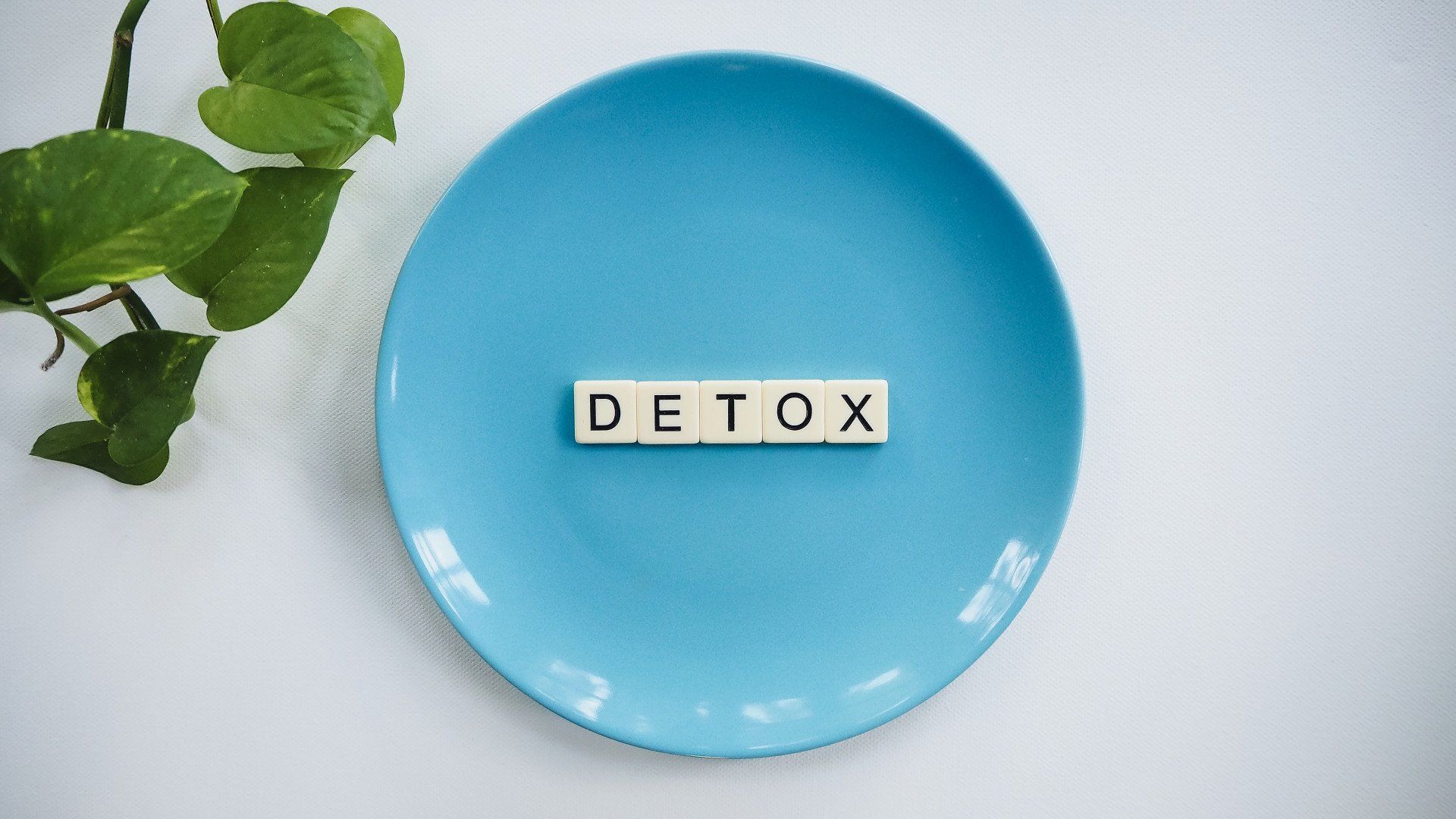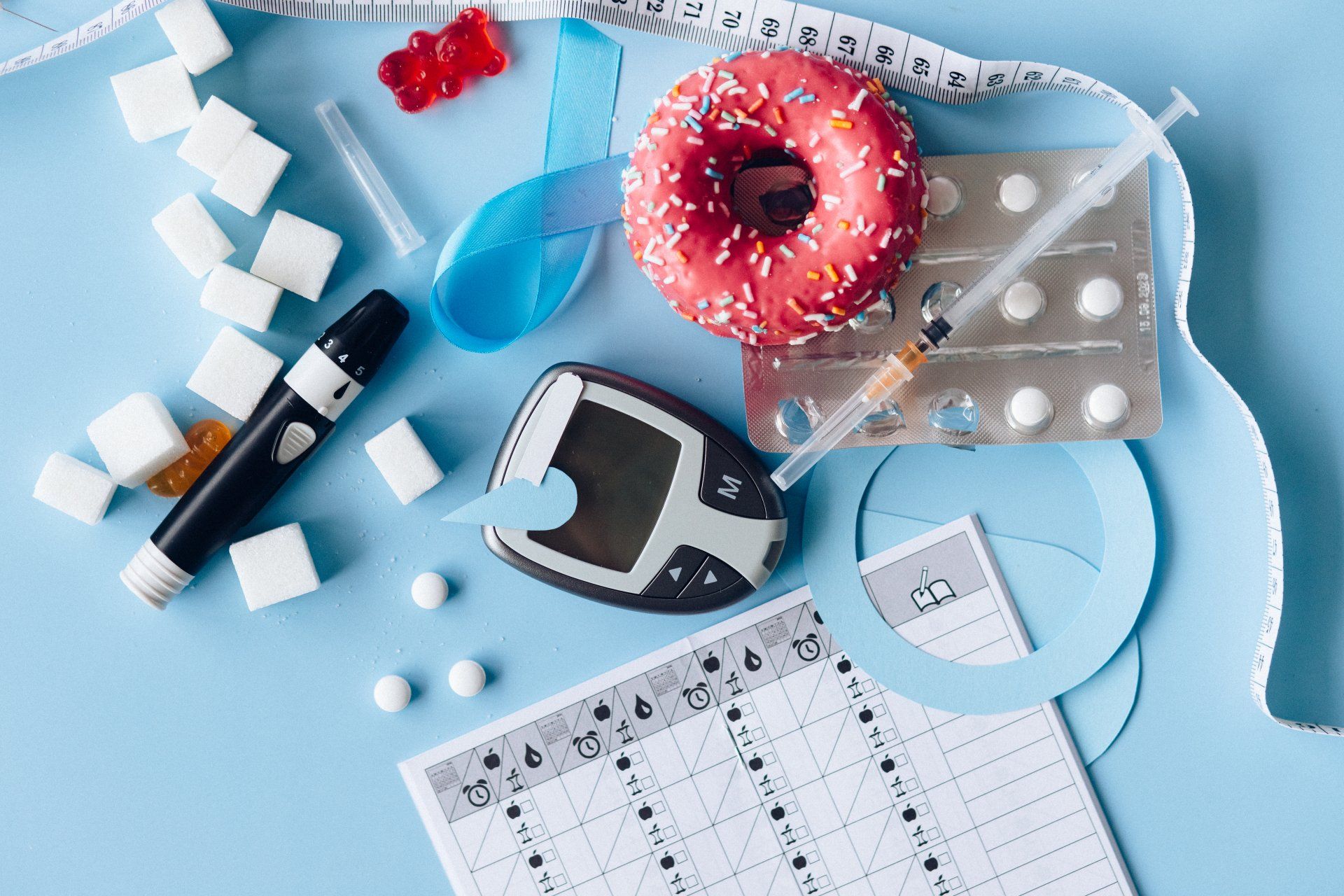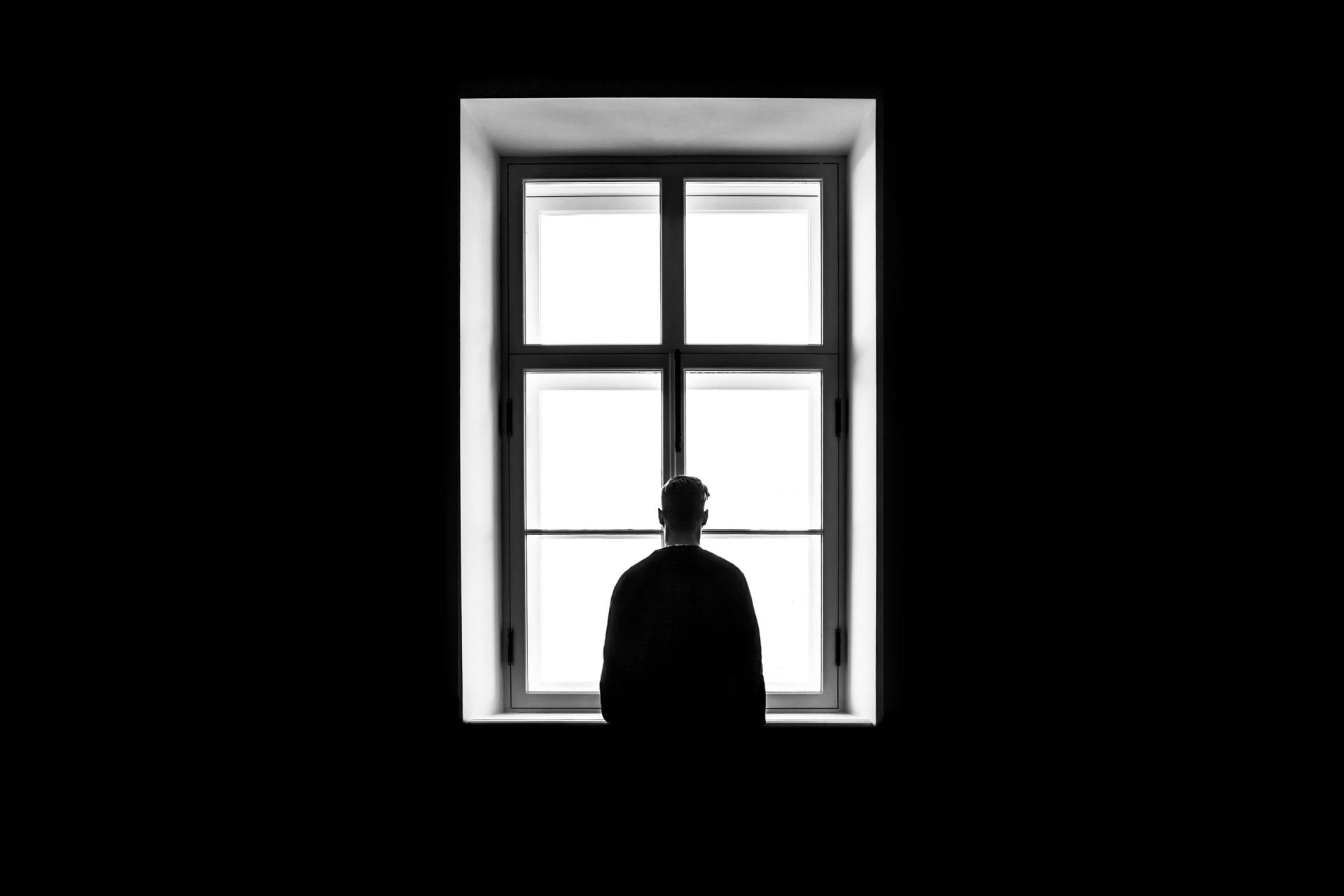DEPRESSION
What causes depression?
While we don’t know exactly what causes depression, a number of things are often linked to its development. Depression usually results from a combination of recent events and other longer-term or personal factors, rather than one immediate issue or event.
Life events
Research suggests that continuing difficulties – long-term unemployment, living in an abusive or uncaring relationship, long-term isolation or loneliness, prolonged work stress – are more likely to cause depression than recent life stresses. However, recent events (such as losing your job) or a combination of events can ‘trigger' depression if you’re already at risk because of previous bad experiences or personal factors.
Personal factors
Family history
– Depression can run in families and some people will be at an increased genetic risk. However, having a parent or close relative with depression doesn’t mean you’ll automatically have the same experience. Life circumstances and other personal factors are still likely to have an important influence.
Personality
– Some people may be more at risk of depression because of their personality, particularly if they have a tendency to worry a lot, have low self-esteem, are perfectionists, are sensitive to personal criticism, or are self-critical and negative.
Serious medical illness
– The stress and worry of coping with a serious illness can lead to depression, especially if you’re dealing with long-term management and/or chronic pain.
Drug and alcohol use
– Drug and alcohol use can both lead to and result from depression. Many people with depression also have drug and alcohol problems. Over 500,000 Australians will experience depression and a substance use disorder at the same time, at some point in their lives.
Changes in the brain
- Although there’s been a lot of research in this complex area, there’s still much we don’t know. Depression is not simply the result of a ‘chemical imbalance’, for example because you have too much or not enough of a particular brain chemical. It’s complicated, and there are multiple causes of major depression. Factors such as genetic vulnerability, severe life stressors, substances you may take (some medications, drugs and alcohol) and medical conditions can affect the way your brain regulates your moods.
- Most modern antidepressants have an effect on your brain’s chemical transmitters (serotonin and noradrenaline), which relay messages between brain cells – this is thought to be how medications work for more severe depression. Psychological treatment can also help you to regulate your moods.
- Effective treatment can stimulate the growth of new nerve cells in circuits that regulate your mood, which is thought to play a critical part in recovering from the most severe episodes of depression.
Remember...
Everyone’s different and it's often a combination of factors that can contribute to developing depression. It's important to remember that you can't always identify the cause of depression or change difficult circumstances. The most important thing is to recognize the signs and symptoms and seek support.
Signs and symptoms
You may be depressed if, for more than two weeks, you've felt sad, down or miserable most of the time, or have lost interest or pleasure in usual activities, and have also experienced several of the signs and symptoms across at least three of the categories below.
It’s important to remember that we all experience some of these symptoms from time to time, and it may not necessarily mean you're depressed. Equally, not everyone who is experiencing depression will have all of these symptoms.
Behaviour
- not going out anymore
- not getting things done at work/school
- withdrawing from close family and friends
- relying on alcohol and sedatives
- not doing usual enjoyable activities
- unable to concentrate
Types of depression
There are different types of depressive disorders. Symptoms can range from relatively minor (but still disabling) through to very severe, so it's helpful to be aware of the range of conditions and their specific symptoms.
Major depression
Major depression is sometimes called major depressive disorder, clinical depression, uni-polar depression or simply 'depression'. It involves low mood and/or loss of interest and pleasure in usual activities, as well as other symptoms. The symptoms are experienced most days and last for at least two weeks. Symptoms of depression interfere with all areas of a person's life, including work and social relationships. Depression can be described as mild, moderate or severe; melancholic or psychotic (see below).
Melancholia
This is the term used to describe a severe form of depression where many of the physical symptoms of depression are present. One of the major changes is that the person starts to move more slowly. They're also more likely to have a depressed mood that is characterized by complete loss of pleasure in everything, or almost everything.
Psychotic depression
Sometimes people with a depressive disorder can lose touch with reality and experience psychosis. This can involve hallucinations (seeing or hearing things that aren't there) or delusions (false beliefs that aren't shared by others), such as believing they are bad or evil, or that they're being watched or followed. They can also be paranoid, feeling as though everyone is against them or that they are the cause of illness or bad events occurring around them.
Feelings
- overwhelmed
- guilty
- irritable
- frustrated
- lacking in confidence
- unhappy
- indecisive
- disappointed
- miserable
- sad
Thoughts
- 'I’m a failure.'
- 'It’s my fault.'
- 'Nothing good ever happens to me.'
- 'I’m worthless.'
- 'Life’s not worth living.'
- 'People would be better off without me.'
Physical
- tired all the time
- sick and run down
- headaches and muscle pains
- churning gut
- sleep problems
- loss or change of appetite
- significant weight loss or gain
If you think that you or someone you know may be experiencing depression, completing our checklist is a quick, easy and confidential way to give you more insight. The checklist won't provide a diagnosis – for that you'll need to see a health professional – but it can help to guide you and provide a better understanding of how you're feeling.
Antenatal and postnatal depression
Women are at an increased risk of depression during pregnancy (known as the antenatal or prenatal period) and in the year following childbirth (known as the postnatal period). You may also come across the term 'perinatal', which describes the period covered by pregnancy and the first year after the baby's birth.
Bipolar disorder
Bipolar disorder used to be known as 'manic depression' because the person experiences periods of depression and periods of mania, with periods of normal mood in between.
Seasonal affective disorder (SAD)
SAD is a mood disorder that has a seasonal pattern. The cause of the disorder is unclear, but it's thought to be related to the variation in light exposure in different seasons. It's characterized by mood disturbances (either periods of depression or mania) that begin and end in a particular season. Depression which starts in winter and subsides when the season ends is the most common. It's usually diagnosed after the person has had the same symptoms during winter for a couple of years. People with SAD depression is more likely to experience a lack of energy, sleep too much, overeat, gain weight and crave for carbohydrates. SAD is very rare in Australia and more likely to be found in countries with shorter days and longer periods of darkness, such as in the cold climate areas of the Northern Hemisphere.
Remember, depression is treatable and effective treatments are available. The earlier you seek support, the better.
Treatments for depression
There's no one proven way that people recover from depression, and it's different for everyone. However, there are a range of effective treatments and health professionals who can help you on the road to recovery.
There are also plenty of things you can do for yourself to recover and stay well. The important thing is finding the right treatment and the right health professional for your needs.
Medical treatments for depression
The main medical treatment for depression is antidepressant medication. There's a lot of misinformation about antidepressant medication and while there is no simple explanation as to how it works, it can be very useful in the treatment of moderate to severe depression and some anxiety disorders.
If you're experiencing moderate to severe depression your doctor may prescribe antidepressant medication, along with psychological treatments. Antidepressants are sometimes prescribed when other treatments have not been successful or when psychological treatments aren't possible due to the severity of the condition or a lack of access to the treatment.
People with more severe forms of depression (bipolar disorder and psychosis) generally need to be treated with medication. This may include one or a combination of mood stabilizers, anti-psychotic drugs and antidepressants.
Men
Men are known for bottling things up. But when you’re feeling down, taking action to call in extra support is the responsible thing to do.
Trying to go it alone when you’re feeling down increases the risk of depression or anxiety going unrecognized and untreated. Depression is a high-risk factor for suicide, and plays a contributing role to the big difference in suicide rates for men and women.
Women
Women are known for putting others first. But when it comes to your health it is important to prioritize your own needs and speak up when you need support.
While good mental health is essential to the overall health of both men and women, women experience some mental health conditions at higher rates than men.
In fact, around 1 in 5 women in Australia will experience depression and 1 in 3 women will experience anxiety during their lifetime. Women also experience post-traumatic stress disorder (PTSD) and eating disorders at higher rates than men.
Treatment for Depression
Up to 80% of those treated for depression show an improvement in their symptoms generally within four to six weeks of beginning medication, psychotherapy, attending support groups or a combination of these treatments.
Despite its high treatment success rate, nearly two out of three people suffering with depression do not actively seek nor receive proper treatment.
JUST REMEMBER THAT THERE IS ALWAYS HOPE, THERE IS ALWAYS SOMEONE WANTING TO HELP YOU. PLEASE, SPEAK UP AND ASK FOR HELP, IT'S OK...…..
Thank you for your support in reading this article and hopefully, you may have found it beneficial.
"Providing Better Health Through Knowledge"













